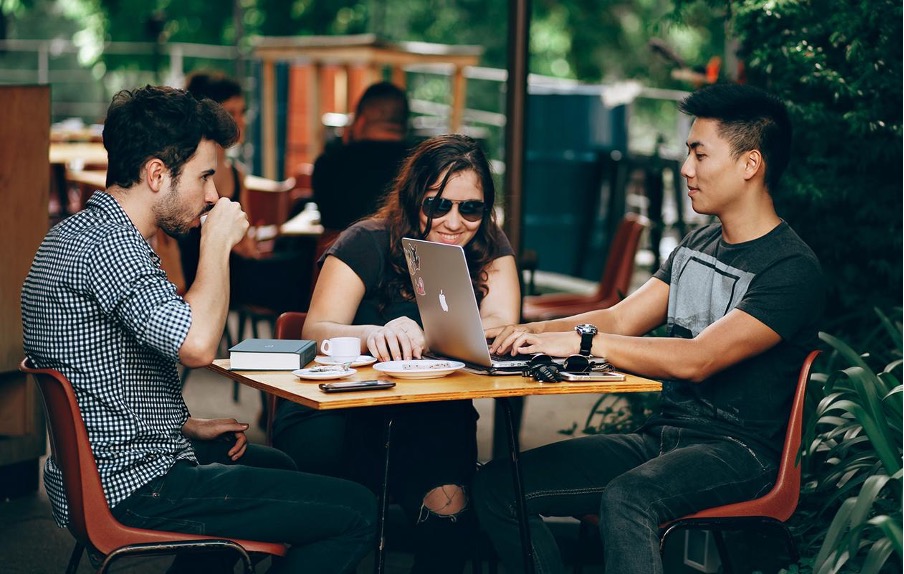(Marketingmagazine.com.my) – An Ipsos study conducted among 1,002 Malaysians across states and demographics in peninsular Malaysia, to measure pre and post GST spending found that over 61% of Malaysians have been impacted in their shopping behaviour, with 28% stating they now spend more and 33% stating that they now spend less.
This study was conducted on Ipsos’s nationwide Omnibus survey, AsiaBUS.
“Our study shows how six months after GST Malaysian shopping behaviour has changed.” says Katharine Davis, Managing Director of Ipsos in Malaysia. “While you have those who have cut-back on their spending and are saving more to counter the rising costs, there are others who being unable to do so, have ended up having to spend more money to maintain their current needs. Regardless of how Malaysians have chosen to handle this, it’s quite clear that GST has had a considerable impact on Malaysian lives.”
The 28% of Malaysians who spend more now state they do so because of the price increase caused by GST (50%) and the price increase because of the Ringgit devaluation (31%). Of the 33% of Malaysians who spend less now, 27% state they do so because of GST and 18% because of the uncertain economy.
Differences in post-GST spending behaviour are clear across employment statuses. 40% of White Collar workers in Malaysia say they spend more now because of the price increases, a significantly higher number than Blue Collar workers (24%), Homemakers (25%) and Unemployed (13%) who are all attempting to spend less and save more instead. Students appear to have been fairly consistent in their spending behaviour, with almost half (46%) of Malaysian students stating No change.
While spending on necessities such as toiletries has remained the same for almost half of Malaysians (51%), spending in most of the other categories has fallen.
Household cleaning products, another necessity has significantly declined, with (32%) of Malaysians spending less in this category compared to before GST where only 16% stated they had cut down on this expenditure.
Travel has also been significantly impacted, with 59% of Malaysians saying they have cut down on their travel, as compared to only 40% of them before GST.
The pre-GST Ipsos study that run in February 2015 also asked Malaysians how knowledgeable they felt about what the impact of GST will be for their finances, and 52% of Malaysians stated that they were not very/not at all knowledgeable about the impact of GST on their finances.
Only 6% of Malaysians felt they are very knowledgeable and less than half (42%) of Malaysians felt they are quite knowledgeable.
In addition when asked how the government had communicated GST and the impact on your finances, over two-thirds (68%) of Malaysians felt that the government had communicated not very well/not at all well about GST.
Says Stepfanie Woon, Shopper Research Expert for Ipsos in Malaysia, “Perhaps some of the change in spending behaviour post-GST has resulted from a lack of understanding about the impact GST would have on an average Malaysian’s immediate financial situation. It is probable that the level of detail on GST may have been insufficient to help people understand and prepare for it, leading to the conservative spending behaviour that we can observe today.”
MARKETING Magazine is not responsible for the content of external sites.







